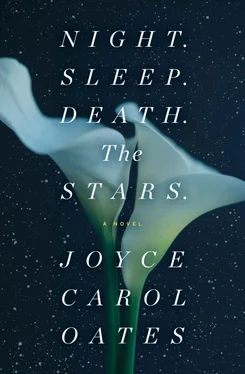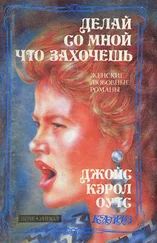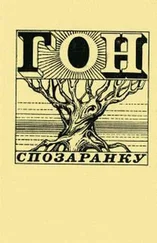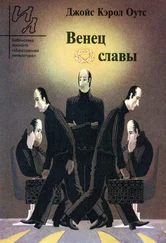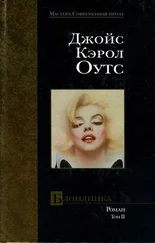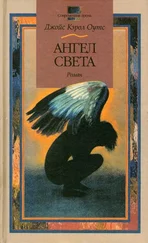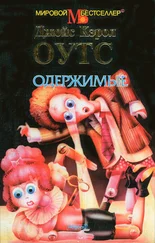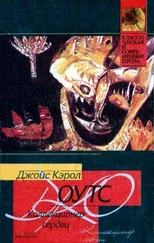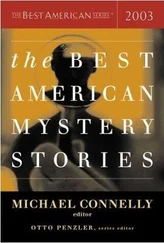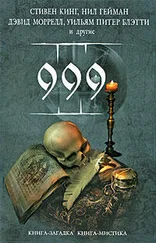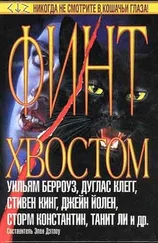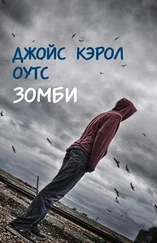Tonight, the left-hand sponge was bright yellow; the right-hand, purple. Virgil took care not to mix them up.
In Virgil’s household which was, to a degree, a communal household, in which no one took particular responsibility for keeping things clean, one large (natural) sponge sufficed for long periods of time. Eventually the sponge was discarded because it began to shred, not because it had become singularly ugly and filthy.
How dismayed Jessalyn would be, to see the way Virgil lived. It was his responsibility to shield her.
Once Sophia had dropped by the ramshackle old farmhouse, and happened to see the sponge in Virgil’s sink, which she hadn’t identified immediately as a sponge. “God! That looks like liver cirrhosis,” she’d said. “But I suppose it must be something else.”
They’d laughed together but Virgil had understood his scientist-sister’s dismay. Disgust.
But life is teeming with pathogens we can’t see, Virgil thought. Surrounding us. Inside and out.
“Of course, he’s trying to quit. That’s why he’s gained that weight in his gut, he needs to work off.”
Thom was still talking about their father. Their father’s surreptitious smoking. To which Thom was privy, and Virgil was not.
It was giving Thom a coarse sort of pleasure to know that he was making his brother jealous (a little, at least) and making him uncomfortable (secondary smoke inhalation—Virgil was trying not to cough). Boastfully Thom said, “Dad confides in me. I give him good advice—get back into the gym and just quit. Lots of guys his age and older work out and some of them are pretty impressive.” Thom laughed as if what he was saying was true, or true in some way. He liked it that Virgil would be imagining him and their father conferring together so intimately, and not just on matters of business.
“But don’t tell Mom. About Dad smoking, I mean.”
Virgil wanted to retort, if anyone should tell her it’s you . Certainly Dad’s doctors would want to know.
Insane to be thinking about smoking. Anyone in their father’s condition. Was Thom smiling ?
Virgil’s heart was hurting. He’d been made to think of their father in Intensive Care, his breathing done for him by a respirator. And maybe Whitey would never breathe again on his own.
He could not bear it, if his father died. Without having loved him.
Without having said, just once— Virgil, I am proud of you. For being the person you are and knowing it isn’t what we do but what we are.
Not what people say about us but what we say of ourselves.
Whitey hadn’t touched Virgil in—how long?—could not even guess. Laying his hand on Thom’s shoulder, greeting Thom with a pumping handshake, that lit-up look in his face—so different from the way he greeted Virgil.
No handshake. (But that was all right: Virgil wasn’t one to shake hands . Silly social custom springing from primitive masculine anxiety.)
No hugs. (The way Whitey hugged his daughters!)
Regarding Virgil, Whitey’s characteristic manner was stiffness, apprehension; a wary smile, narrowed eyes. What will this son of mine do to embarrass me next.
Some feelings, you can’t hide. Though a parent should try harder than Whitey did.
On the cork bulletin board in a corner of the kitchen was a display of snapshots and cards. Years, decades. Overlapping newspaper clippings, school programs, class photos. Jessalyn was always adding new things but was reluctant to take anything away. A glossy photo of Hammond mayor John Earle McClaren shaking hands with the governor of New York State and both men stiffly posed smiling into the camera. In 1993 their father had looked so ruddy and so young, it was painful to see.
Virgil disliked the family bulletin board. Too many snapshots of his big jock-brother Thom who’d been a high school athlete. And too many pictures of Beverly glamorous as a face on a billboard.
Family pictures, he didn’t mind so much. Even weddings, newborn babies. The McClaren family together with arms linked smiling at the camera in a backyard, on a beach. Somewhere.
The earliest photos of Virgil were of a beautiful little child with pale blond hair, luminous blue eyes. Virgil had seen to it that these had been removed from the bulletin board, years ago.
In high school Virgil had started hiding pictures of himself beneath others’ pictures, or removing them entirely. Excepting one of Virgil at about age ten, clutching his mother’s hand with a look of stricken adoration.
His young self, Virgil didn’t consider exactly him . All children are innocent of vanity and even homely children are beautiful. That begins to change by about age thirteen.
Embarrassed, Virgil saw that his mother had tacked up several newspaper photographs of scrap-metal sculptures of his, exhibited at a recent arts fair. Virgil hadn’t even known that these pictures had been published in the Hammond weekly paper; he scarcely remembered the sculptures, which had all been sold at the fair.
(What’s the secret of selling all your work? Virgil was asked. The answer was, Just keep lowering prices.)
(Was Virgil touched to see these pictures on the bulletin board in his mother’s kitchen? He had not the heart to remove them.)
“Some great things there, that Mom has saved. My kids can’t believe how young we all were, once.”
Thom spoke lightly, as if relenting. Seeing that Virgil was looking at the bulletin board and wanting to be nice to Virgil, for once.
Thom continued: “I’ve got a corkboard in our kitchen, too. Not as big as this. It’s a great idea, I think. For the kids especially. So much gets forgotten otherwise.” He paused, considering. “I guess you’ve seen it? Or no, maybe not.”
No. Virgil had not seen the damned corkboard in Thom’s house in Rochester. He had not ever visited Thom’s house in Rochester.
Thom opened another bottle of dark German ale. He’d finished most of the cashews. Christ! The interior of his mouth stung with salt.
It was too quiet. Where the hell were the sisters?
Thom resented them running off with their mother and leaving him with Virgil when they knew how Thom felt about Virgil.
But it wouldn’t seem right for Thom to have gone upstairs. It was a matter for the sisters—putting their dazed mother to bed. Not for him. And Virgil would probably follow him like a stray dog.
“It’s good, maybe.”
“What’s good?”
Virgil had spoken so belatedly, Thom had no idea what the hell he was talking about.
“Forgetting.”
“‘Forgetting’—what?”
In the bright kitchen lights the brothers’ faces were too clearly delineated. Like high-definition TV, you’re forced to see more than you care to see.
Virgil lowered his eyes, shyly. Yet there was stubbornness in every action of Virgil’s, even the self-effacing. Thom knew, and lay in wait.
“Guess we should go to bed. There’s only a few hours to sleep before we need to get up.”
Waiting for Virgil to say something, for Virgil had become very quiet since examining the bulletin board.
“I haven’t slept in this house since—Jesus, I don’t know when.” Thom tried to think. Last semester of college? Last summer, after graduation? His old room had been dismantled years ago, for other purposes. “What about you, Virgil?”
Virgil seemed startled. Lost in his own thoughts.
“I guess—I don’t need much sleep.”
“Don’t you!”—Thom sneered.
God knew, he was making an effort with Virgil. He was almost forty years old—not a kid any longer. Father of an eleven-year-old. His siblings who’d never had children (Lorene, Sophia, Virgil) had no idea how rapidly time passed when there were children in your life, to measure yourself against.
Читать дальше
